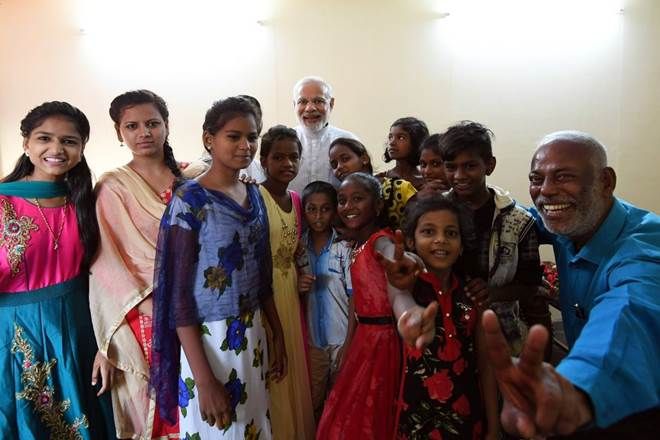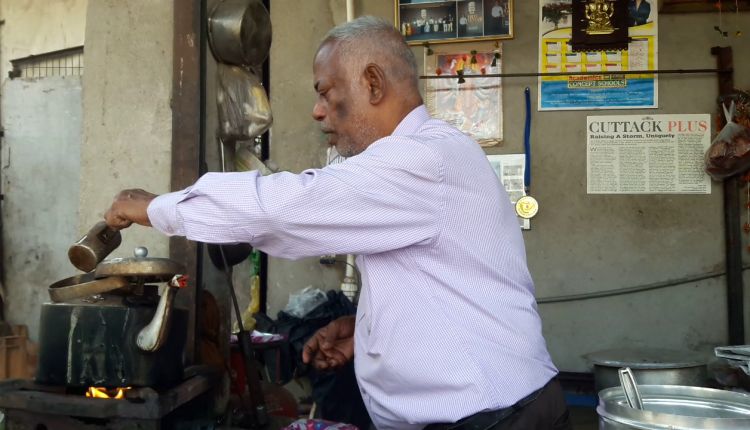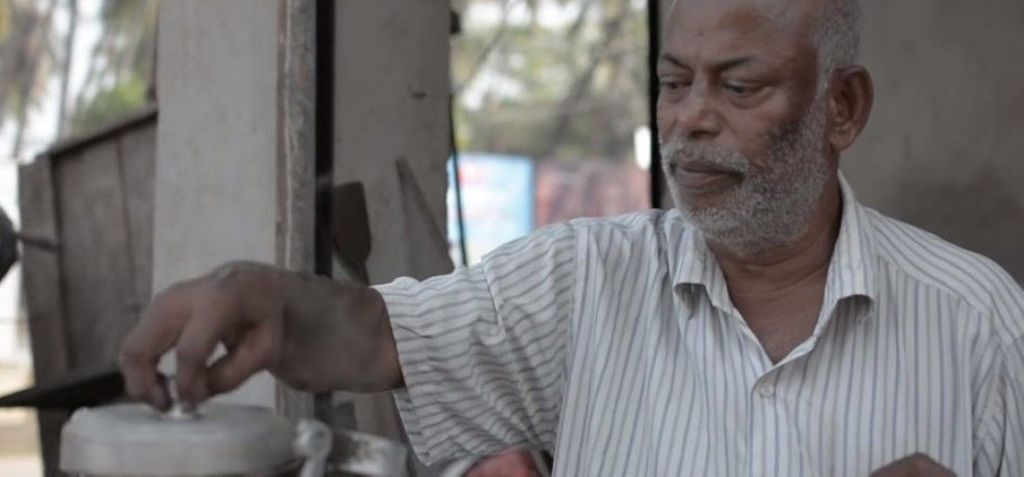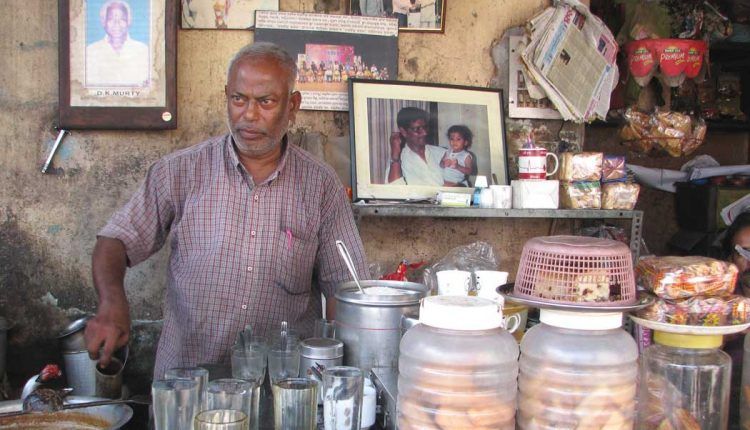Meet The Incredible, Inspiring Odisha Chaiwala Who Just Won Padma Shri
Feb 04, 2019 • 7 views
For every cup of tea sold at his stall, he used half the amount towards the education and health of the slum kids.
“For 54 years, I was a roadside tea-seller. But today, I am a Padma Shri tea-seller,” beams Odisha-based 61-year-old D Prakash Rao, who was conferred the prestigious award on Republic Day by the Government of India.
How did a tea-seller win the fourth highest civilian award in the Republic of India, you ask. Rao was only six-years-old when he started working at his father’s tea-stall. His father served during the second world war. When the war ended, he returned to his hometown, Cuttack. He hoped that his service during the war would help him find an alternate job. But to his disappointment, nobody wanted to employ him.

Pushed by unemployment and poverty, with a meagre capital of Rs 5, he started the tea-stall. One that Rao continued to run for the next five decades. He tellsThe Better India,“Living and working in a slum, I witnessed the resistance of parents towards education first-hand. Living in their makeshiftjhuggi jhopdis, they thought of their children as means of earning income. Instead of enrolling them in schools, these children were enrolled in menial labour. Working odd jobs and becoming domestic helpers, whatever money they earned was often snatched by the men in the home, who would buy alcohol and turn to domestic violence. It deeply affected me, every single day.”
He continues, “I was a good student. Bright in academics, adept at football. I wanted to become a doctor but landed up becoming achaiwala. I knew what it was like to not have any opportunities. And I did not want these kids to have the same fate.”

For every cup of tea sold at his stall, he used half the amount towards the education and health of the slum kids. He first operated from his two-room thatched house, with four children, where he provided them with food and education, completely free of cost.
He faced opposition from the parents who complained,“Yeh bacche kya kar lenge padh ke? Meri ladki ghar kaam karke Rs 700 leke aati hai mahine ka. Aap padhake kyun humaare pet par lat maarna chahte ho?(What will our kids do if they study? My daughter works as a maid and earns Rs 700 monthly. Why are you kicking our stomachs by educating her?)”
But he did not give up.
The same parents who complained about education, gratefully look on as they watch their sons and daughters cycle to their colleges today. “Every day I cookdalmafor them (a preparation ofdal, rice andsabji). It gives me immense joy to see them relish the home-cooked meal that is high in nutrition. When the Prime Minister visited Cuttack five months ago, we had a brief meeting where he told me this meal was one of the best, being served in schools.”

The humble tea seller found a mention in the PM’s radio show,Mann Ki Baatwhere he said that Rao embodied the spirit of‘Tamaso mā jyotir gamaya’which means, ‘From darkness, lead me to light.’ The Prime Minister referred to him as adiya(lamp) which guides underprivileged kids to the path of enlightenment.
When asked about his reaction on being bestowed the award, he sayExclusive: Meet The Incredible, Inspiring Odisha Chaiwala Who Just Won Padma Shri
He tellsThe Better India,“Living and working in a slum, I witnessed the resistance of parents towards education first-hand. Living in their makeshiftjhuggi jhopdis, they thought of their children as means of earning income. Instead of enrolling them in schools, these children were enrolled in menial labour. Working odd jobs and becoming domestic helpers, whatever money they earned was often snatched by the men in the home, who would buy alcohol and turn to domestic violence. It deeply affected me, every single day.”
He continues, “I was a good student. Bright in academics, adept at football. I wanted to become a doctor but landed up becoming achaiwala. I knew what it was like to not have any opportunities. And I did not want these kids to have the same fate.”
For every cup of tea sold at his stall, he used half the amount towards the education and health of the slum kids. He first operated from his two-room thatched house, with four children, where he provided them with food and education, completely free of cost.
He faced opposition from the parents who complained,“Yeh bacche kya kar lenge padh ke? Meri ladki ghar kaam karke Rs 700 leke aati hai mahine ka. Aap padhake kyun humaare pet par lat maarna chahte ho?(What will our kids do if they study? My daughter works as a maid and earns Rs 700 monthly. Why are you kicking our stomachs by educating her?)”
But he did not give up. Slowly, the number of kids rose, and today his school, ‘Asha o Ashwasana’, has transformed the lives of more than a hundred kids.
The same parents who complained about education, gratefully look on as they watch their sons and daughters cycle to their colleges today.

“Every day I cookdalmafor them (a preparation ofdal, rice andsabji). It gives me immense joy to see them relish the home-cooked meal that is high in nutrition. When the Prime Minister visited Cuttack five months ago, we had a brief meeting where he told me this meal was one of the best, being served in schools.”
The humble tea seller found a mention in the PM’s radio show,Mann Ki Baatwhere he said that Rao embodied the spirit of‘Tamaso mā jyotir gamaya’which means, ‘From darkness, lead me to light.’ The Prime Minister referred to him as adiya(lamp) which guides underprivileged kids to the path of enlightenment.
